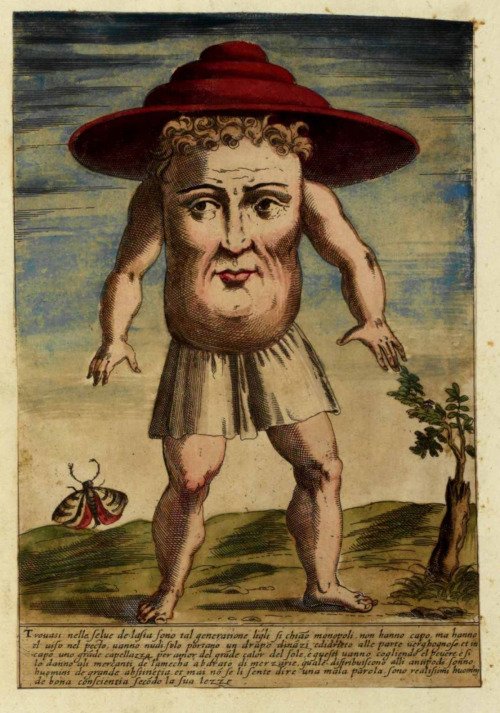If Chinese mythology has the character Xing Thien described in the Son Hai Kinh as headless but still alive, then Greek mythology also mentions a very special human race called Acephali.
1. Headless people
According to legend, Acephali were once normal people with full body parts, but after a terrible encounter with the gods they were beheaded forever.
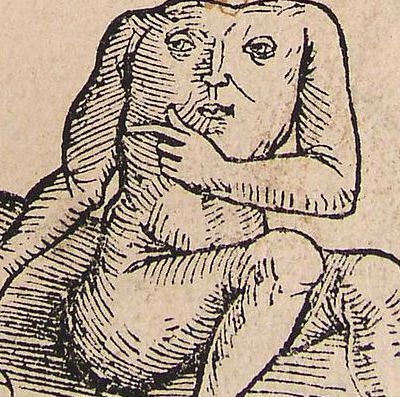
Akephaloi: Headless man.
Blemmyes (Blemmyae): A real tribe called the Beja, which existed from at least 600 BC to the 3rd century AD in Nubia (Africa).
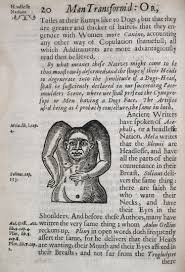
Ephiphagi: Another variant name for the headless people of Brisone, sometimes used to refer to the Acephali-eyed race of people.
2. Revealing the mystery of the headless man
There are many theories put forward to explain the Acephali people.
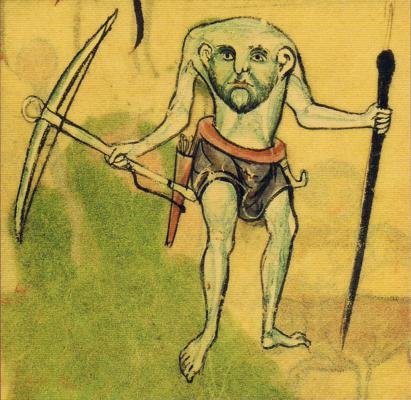
Some writers hypothesize that the Blemmyes’ physique may be due to the fact that they can lift their shoulders unusually high while their necks are low.
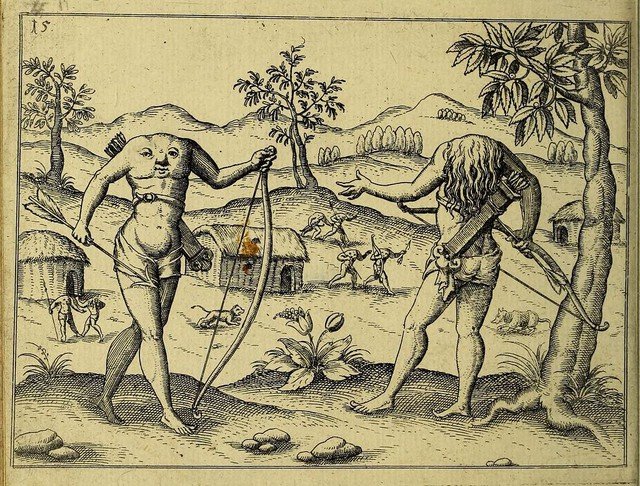
3. Headless people have been mentioned for a long time
Although Acapheli may be a strange name to many people, Blemmyes has appeared in many literary works in the West from the Middle Ages to the present.
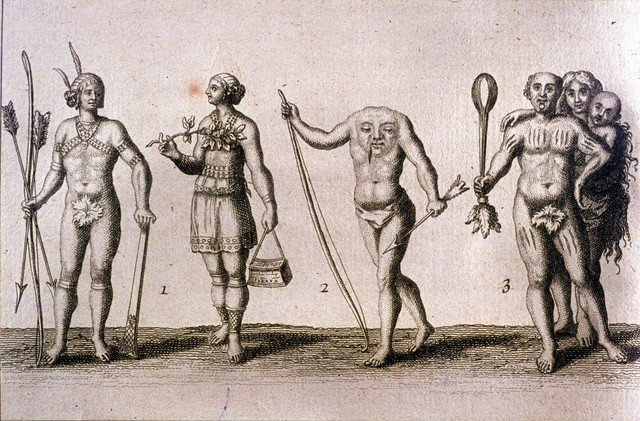
Writer Lewis Caroll (author of Alice in the Wonderland) created a number of machete characters based on objects in Ripon church – where his father worked, and the Blemmyes inspired the character of Humpty Dumpty.
In the work Baudolino by Italian writer Umberto Eco, the main character has an encounter with the Blemmyes along with Sciapod (Monopod – a mythical dwarf with only one big leg in the middle of the body) and some monsters.
